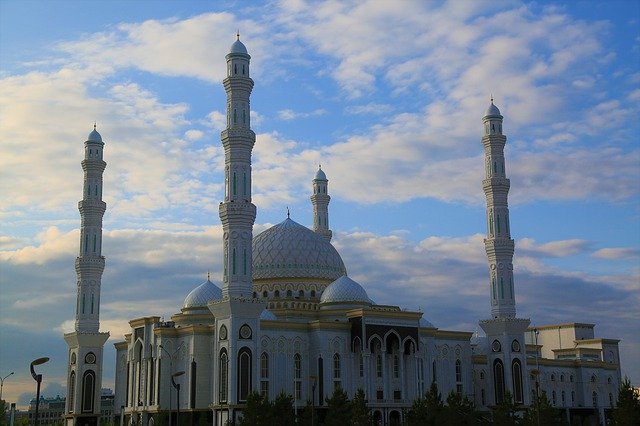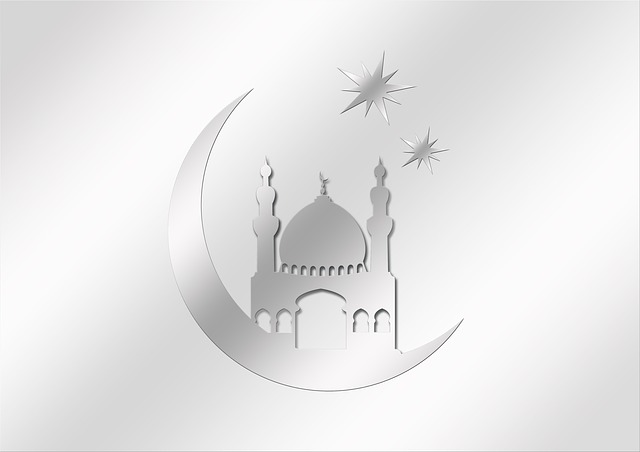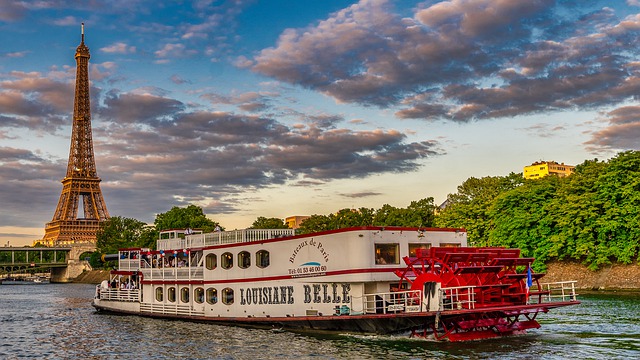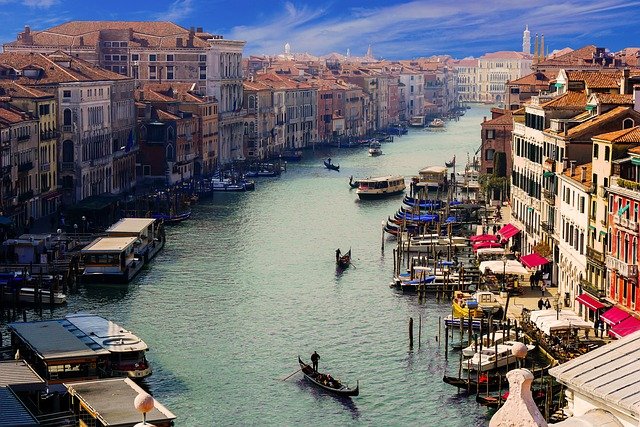The Emergence and Spread of Islam
Islam is one of the most widespread religions in the world. Its influence on people\’s lives is significant. Like any other movement, it influences people\’s daily lives, their thinking, and their view of the world as a whole. Thus, of course, it is also the most important determinant of the culture of the countries that profess it. When and where did it originate?
Its birthplace is the Arabian Peninsula. Not surprisingly, the Middle East region is also the “birthplace” of other great movements: Christianity and Judaism. The early stages of its development are linked to the prophet Mohammed. He is truly a living historical figure. He was born in the city of Mecca around 571 AD. He was the descendant of a merchant and was born into a wealthy family. According to the Koran, he received his first spiritual revelation in 610. From that year he began to formulate his teachings. About three years later, he tried to share it with the people, but was rejected in Mecca. Even though he already had enough followers, the local elite considered him a risk to the system and persecuted him.
This oppression culminated in 622, when he was exiled to Medina. This event is known as the Hijra. He decided to strengthen his position in Medina and return to Mecca as a pilgrim first in 630. After a conflict that made this peaceful pilgrimage impossible, he gathered a strong military force around him. With a retinue of 10,000 men, he went into battle. The defenders surrendered without a fight. Thus Islam became a legitimate religion.
This act gave him a powerful position in Arabia. As a result, most of the region submitted to him and converted. 632, he died.
This year marked the moment of Islamic expansion. Militarily, he conquered large areas of North Africa and even the Iberian Peninsula in about 300 years. At the same time, it conquered much of the Middle East and Persian Asia. The spread of Islam through warfare is called jihad (struggle against infidels). In conquered areas, populations were forced to convert, migrate, or accept economic sanctions. During the Middle Ages, Muslims reached southeastern Europe. The Ottoman Empire survived until World War I.
Today, Muslims constitute a significant percentage of the urban population of Western Europe. This is primarily due to waves of immigration from Africa in the 1970s and today. There has also been a significant increase in the population of local communities. As a result, Muslims already constitute a majority in some areas of France and the UK.




